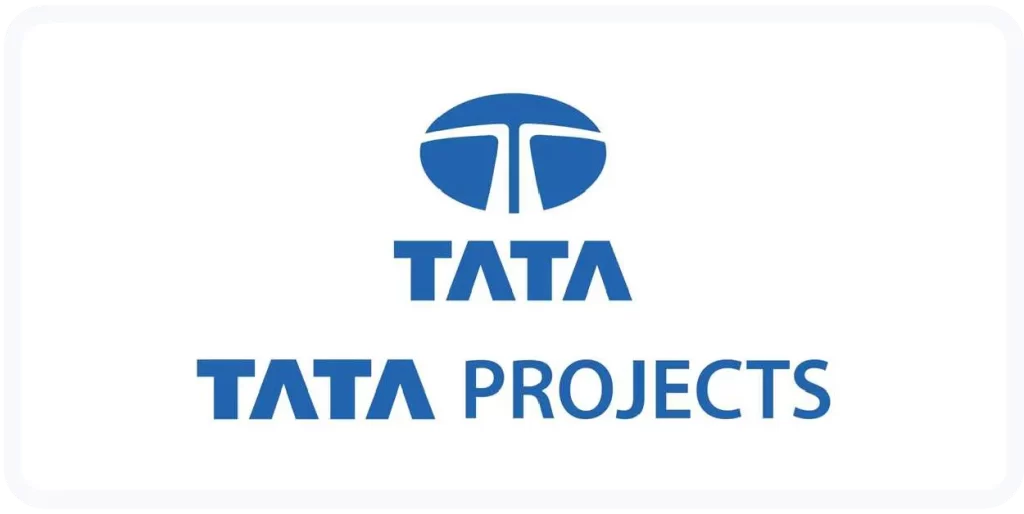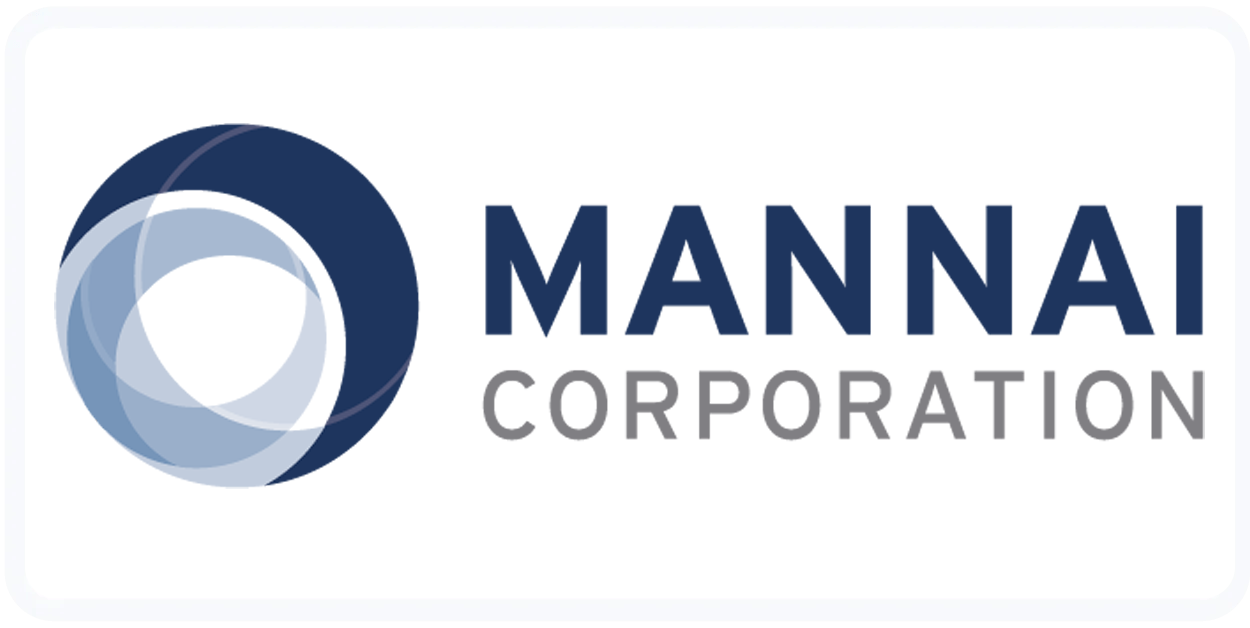Joint ventures in Saudi Arabia are becoming popular with international companies that want to enter new markets, share resources, and benefit from local expertise and networks. Setting up a joint venture business in Saudi Arabia gives you direct access to the largest market in the Middle East while accessing local expertise and established networks. In February 2025, the Kingdom approved 26 business concentration applications, with joint ventures making up for 19% of the approvals. This guide outlines practical steps for setting up a joint venture company in Saudi Arabia, covering everything from structuring to compliance, assisting you in aligning with the Kingdom’s business-friendly reforms under Vision 2030.

What is a Joint Venture Company?
A joint venture company is a strategic business arrangement where two or more parties, usually foreign investors and Saudi partners, combine their resources, expertise, and capital for specific goals. This forms a separate legal entity that has shared ownership, mutual risk-bearing, and proportional profit sharing.
Saudi Arabia recognises various business structures: Limited Liability Companies (LLCs), Branch of a Foreign Company, Joint Stock Company (JSC), Joint Ventures & Partnerships, and Sole Establishment.
Joint ventures bring together strengths that complement one another. Foreign investors offer technology and financial support, whereas Saudi partners offer market insights, distribution networks and knowledge about regulations. This partnership is advantageous for operating in sectors that need local involvement or for engaging in government projects that support Vision 2030.

Reasons to Set Up a Joint Venture Company in Saudi Arabia
Setting up a joint venture business in Saudi Arabia offers solid reasons for investors.
Strategic Market Access
Some activities in Saudi Arabia need certain levels of local ownership, such as oil exploration, drilling, and real estate investment in Mecca and Medina. Joint ventures provide the needed framework to access these restricted sectors while ensuring compliance.
Key sectors that are growing quickly are renewable energy, advanced manufacturing, healthcare, technology, and tourism, with exceptional opportunities. The Public Investment Fund of Saudi Arabia has formed multiple joint ventures in renewable energy, including partnerships with Envision Energy for wind turbine manufacturing and JinkoSolar for solar production facilities.
Risk Mitigation and Financial Advantages
Joint ventures reduce market entry risks by sharing financial liability and ensuring regulatory compliance. Shared investments reduce the capital risk for each party, and combining resources allows them to take on large projects together that they could not handle alone.
There are also tax advantages. Foreign investors are subject to a 20% corporate tax rate, while Saudi partners only have to pay 2.5% Zakat on their net income, which helps in structuring ownership to reduce the overall tax burden legally.
Local Expertise and Competitive Advantage
Partnerships with well-known local businesses offer valuable insights into consumer habits, cultural differences, and business practices. This information helps speed up decision-making, minimises costly errors, and improves competitive positioning.
Saudi partners handle bureaucratic processes effectively, understand business protocols, and build relationships with key stakeholders, benefits that are crucial for securing permits and approvals.

Features of Joint Venture Company in Saudi Arabia
Saudi Arabia’s Joint Ventures are governed under a flexible legal framework aimed at encouraging foreign investment and protecting the interests of partners.
Shared Ownership Structure:
Partners customise equity distribution according to capital contributions, expertise, and strategic importance. The agreements can include anything from minority interests to majority control, depending on what is negotiated and the requirements of the industry.
Limited Liability Protection:
The liability of each partner is limited to their capital investment, which protects their assets outside of the joint venture while allowing for ambitious business initiatives.
Flexible Profit Distribution:
Profit-sharing can differ from ownership percentage, allowing returns based on contributions beyond just capital, like technology transfer, market access, or operational management.
Dual Governance Framework:
Major decisions require agreement, while daily operations follow established management structures. Board representation usually reflects ownership ratios, although agreements can outline different arrangements.
Registration Pathway:
Joint ventures must register with MISA to get investment approval, followed by commercial registration with the Ministry of Commerce. Certain sector-specific activities might require additional regulatory approvals.
Intellectual Property Protection:
Contracts protect technology transfers, trade secrets, and proprietary techniques, stopping unauthorised use and outlining ownership of innovations developed together.

Comparison: Business Structures in Saudi Arabia
| Feature | Joint Venture (LLC) | Branch of Foreign Company | Joint Stock Company (JSC) |
|---|---|---|---|
| Ideal for | Partnerships with local skills | Expanding existing operations | Large investment project |
| Ownership | Shared among partners | 100% foreign ownership | Multiple shareholders, public or private |
| Market Access | Entry to restricted sectors through local partner | Functions under parent company license | Perfect for large investments and IPO opportunities |
| Liability | Restricted to capital contribution | Parent company holds complete responsibility | Restricted to share value |
| Strategic Advantage | Local networks and shared risk | Maintain full parent control | Attracts institutional investors and funding |
| Governance | Joint decision-making | Direct supervision from the parent company | Structured board with shareholder representation |
| Growth Potential | Grows with partner support | Expandable by adding more branches | Access to public capital markets |

Documents required for Starting a Joint Venture Company in Saudi Arabia
Launching joint ventures in Saudi Arabia (KSA) involves detailed documentation to meet regulatory requirements and guarantee proper legal structure.
- MISA Registration Documents: An online application that includes a business plan outlining activities and investment amount, proof of financial capability, and a feasibility study for larger investments.
- Corporate Documentation: Memorandum and Articles of Association outlining the company structure, shareholders’ agreement detailing partnership terms, and profit sharing, Board Resolutions authorising formation and Power of Attorney for representatives managing registration.
- Foreign Partner Documents: Certificate of incorporation verified by the Saudi embassy, translated Articles of Association, board resolution approving participation, financial statements of the past 2-3 years, and passport copies of authorised signatories.
- Saudi Partner Documents: A valid commercial registration certificate, copies of national IDs, and Zakat and tax clearance certificates.
- Sector-Specific Requirements: Environmental permits for manufacturing, professional licenses for regulated services, technology transfer agreements, and import/export licenses if needed.
All foreign documents must be authenticated by the Saudi embassy and then by the Ministry of Foreign Affairs. Arabic translations need to be certified by approved translation offices

Finding the Right Partner for Joint Ventures in Saudi Arabia
Choosing the right partner is the most crucial decision in starting a venture:
Partner Selection Criteria
- Financial Strength: Review audited financial statements, credit ratings, and the ability to contribute capital.
- Market Position: Evaluate years of operation, customer base, distribution networks, government relationships, and reputation.
- Strategic Alignment: Ensure alignment in vision, risk tolerance, management philosophy, and timeline expectations.
- Operational Capabilities: Assess technical skills, quality management, infrastructure, and supply chain connections.
Due Diligence Process
- Legal: Ensure registration is valid, check for pending litigation, verify ownership structure, and review compliance history.
- Financial: Examine profitability trends, evaluate debt levels, review tax obligations, and assess the quality of assets.
- Commercial: Confirm market share, check supplier agreements, evaluate competitive advantages, and assess brand power.
Structuring the Agreement
Address key factors like governance structure, board composition, voting requirements, profit sharing, operational duties, and exit strategies with buy-sell provisions and conflict resolution processes.
Finding Partners
- MISA and Saudi Chambers of Commerce databases
- Industry associations and sector groups
- Trade missions and exhibitions
- Professional advisors with local connections
- Existing business connections

Recent Joint Venture Deals in Saudi Arabia
| Partner Companies | Sector | Deal Value | Key Details |
|---|---|---|---|
| HUMAIN & AMD | Artificial Intelligence | $10 billion | Building a global AI hyperscaler, with 50MW deployment by Q4 2025 |
| Saudi Telecom & PIF | Internet of Things | SAR 492 million | Shared ownership for IoT services |
| SBI Holdings & BIM Ventures | Financial Services | $200M+ target | Setting up BIM Capital for PE and VC |
| PIF & Envision Energy | Renewable Energy | Vision 2030 | Manufacturing Wind turbines |
| PIF & JinkoSolar | Solar Energy | Vision 2030 | Solar cell production plant |
Conclusion
Establishing a joint venture company in Saudi Arabia gives foreign investors strategic access to one of the fastest-growing economies in the world while lessening entry risks through local partnerships. With joint ventures making up 19% of recent approvals, the model is gaining popularity across various sectors, from AI and renewable energy to manufacturing and services.
However, achieving success requires careful partner selection, thorough due diligence, well-structured agreements, and an understanding of sector-specific regulations, including minimum capital requirements. That is why you need expert help with regulatory requirements, partner evaluation, and drafting agreements.
We offer specialised expertise in assisting foreign companies at every stage, from market assessment and partner identification to MISA registration and compliance management.
Schedule a free consultation with us to explore how we can assist your business in Saudi Arabia’s dynamic market.
























